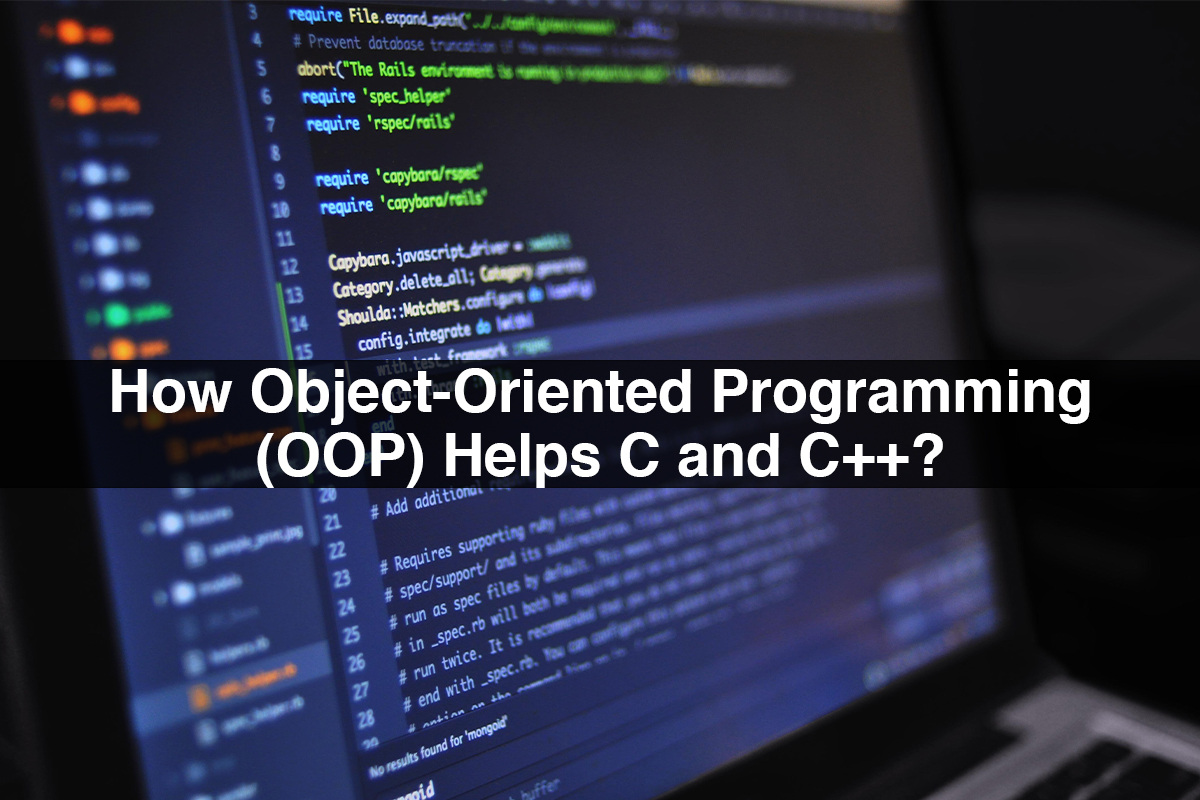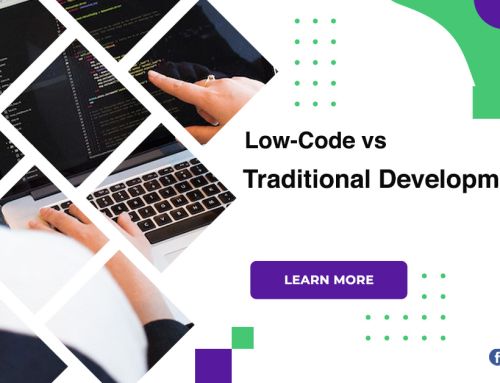How Object-Oriented Programming (OOP) Helps C And C++?
C++ is called object-oriented programming (OOP) language because C++ language looks hard in terms of objects involved pretty than the process for doing it.
Object-oriented programming – as a result of the name suggests uses objects in programming. The most aim of OOP is to bind along with the info and therefore performs that job on them in order that no alternative part of the code will access this data except that function.
Object-Oriented programming in C++
Object-oriented programming rotates around the information. the most programming unit of OOP is that the object. An object is a representation of a real-time entity and contains data and methods or functions that operate on data. This way, data, and functions are closely bound and data safety is ensured.
Object-oriented programming is a way of resolving complex problems by breaking them into smaller difficulties using objects. Formerly Object directed Programming, programs were created in technical language, they were zero but AN long list of commands. On the other hand, the OOP is all about creating objects that can interrelate with each other, this makes it simple to develop programs in OOP as we can understand the relationship between them.
In OOP, the whole thing is represented as an object and when programs are implemented, the objects interrelate with each other by passing messages. An object need not know the implementation details of another object for communicating.
Why C++ is a partial OOP?
C++ language was designed with the most intention of victimization object-oriented options to C language.
Although C++ language supports the options of OOP like categories, objects, inheritance, encapsulation, abstraction, and polymorphism, there are few reasons owing that C++ is assessed as a partial object-oriented programming language.
OOPS construct definitions
Now, allow us to discuss a number of the most options of Object-Oriented Programming that you’ll be using in C++(technically).
- Objects.
- Classes.
- Abstraction.
- Encapsulation.
- Inheritance.
- Polymorphism.
- Overloading.
- Exception Handling.
Object
An Object is an acknowledgeable entity with some characteristics and behavior. AN Object is an example of a class. once a class is defined, no memory is allotted however once it’s instantiated (i.e. AN object is created) memory is allotted.
Class
The building block of C++ that finally ends up in Object-Oriented programming is also a class. it’s a user-defined language, that embraces its individual information associates and member functions, which can be retrieved and operated by making an instance of that class. a category is a variety of a blueprint for an object.
Abstraction
Abstraction implies that, showcasing solely the specified things to the surface world whereas concealing the small print. continued our example, the pedigree can speak, walk, hear, eat, but the little print is hidden from the skin world. we have a tendency to are able to take our skin as a result of the Abstraction take into account our case, activity the inside mechanism.
Encapsulation
Encapsulation is also a technique of mixing the performance and performance into one unit like a capsule. this will be to avoid the access of non-public info members from outside the category. To achieve encapsulation, we have an inclination to form all knowledge members of sophistication personal and build public functions, victimization them we have a tendency to are able to get the worths from these info members or set the worth to those knowledge members.
Inheritance
Inheritance may be feature victimization that an object of child class acquires the properties of the parent class.
Polymorphism
The ability to use an operator or perform in several ways in which in alternative words giving completely different which suggests or functions to the operators or functions is termed polymorphism. Poly refers to several. that’s one performs or an operator functioning in some ways completely different upon the usage is termed polymorphism.
Overloading
The construct of overloading is additionally a branch of polymorphism. once the exiting operator or perform is formed to work on new information sort, it’s aforesaid to be full.
Exception handling
Exception handling may be a feature of OOP, to handle unresolved exceptions or errors created at runtime.
Advantages
Advantages of OOP Programming are that it makes the program less complicated, enhances readability. Components are reusable and long. Object orienting programming is typically wise for writing giant business logic and massive applications or games. many parts of an oversized program may be simply extended by introducing new categories or introducing new functions/operators. OOPs is additionally much desired for maintenance and future support.
Disadvantages
It may not be suited for tiny functional issues like adding two numbers or calculative factorial. All the member functions of an object might not be used so it introduces code overhead.
Conclusion
OOP is the most vital and versatile programming paradigm of recent programming. it’s specifically helpful in modeling real-world issues and so is extremely fashionable. We have mentioned higher than the however Object directed Programming helps to C and C++.









